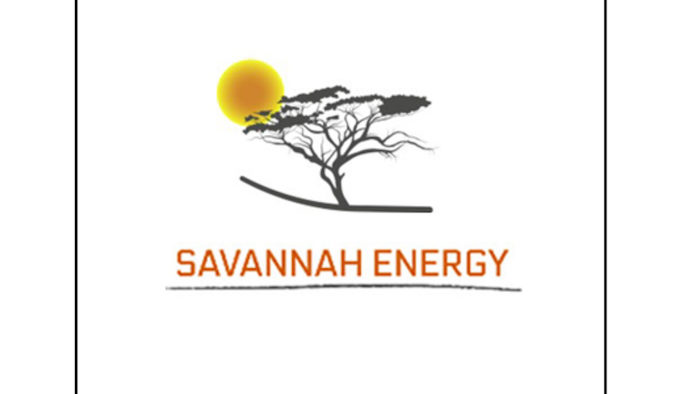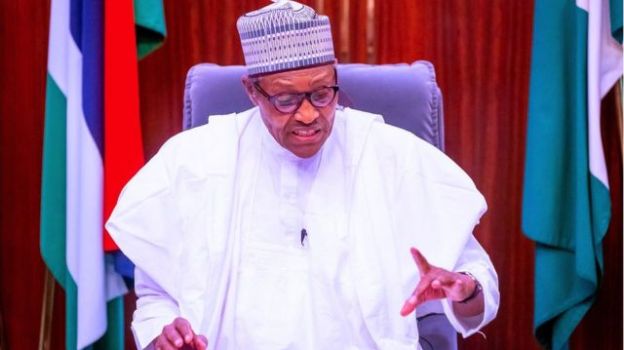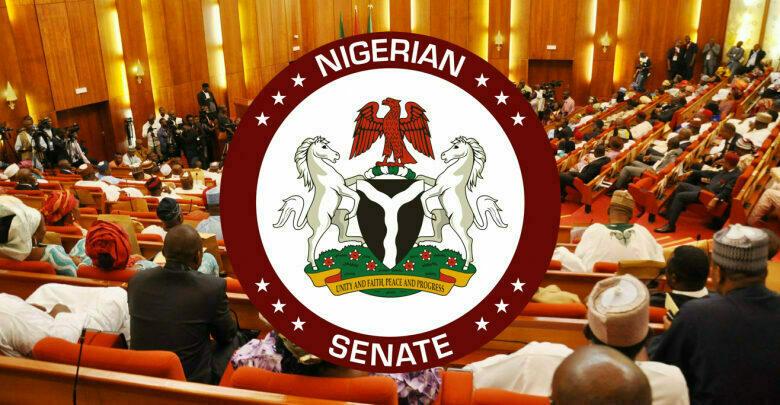
Savannah Energy Stops SPA For PETRONAS’ Chad, Cameroon Portfolio
Savannah Energy and PETRONAS Exploration and Production have agreed to terminate the Share Purchase Agreement for the acquisition of upstream and midstream asset portfolio in Chad and Cameroon with immediate effect.













